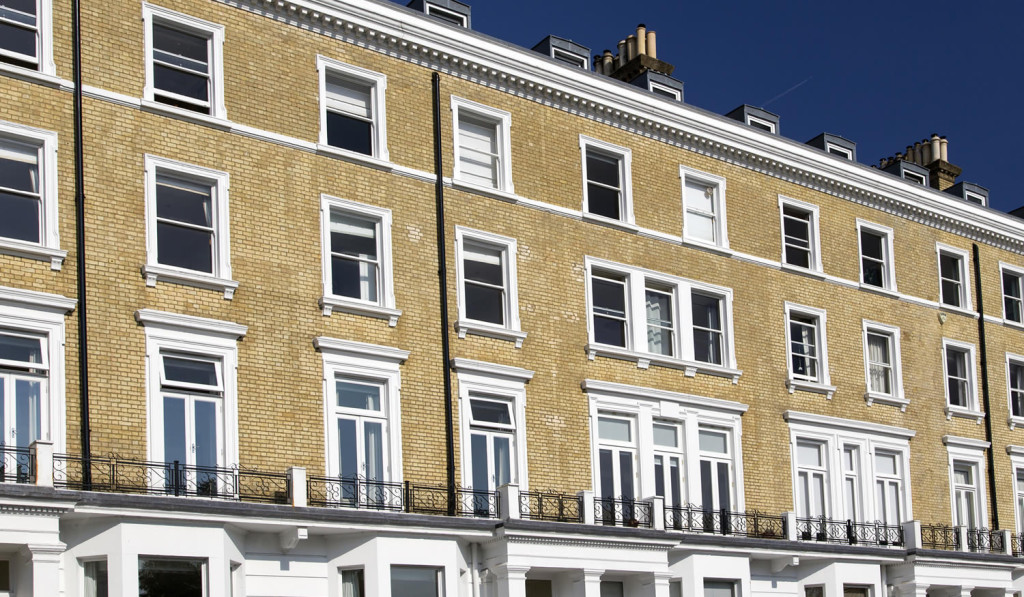
Lenders have increased the cost of fixed rate mortgages after the Bank of England signal the end of cheap borrowing.

Lenders have increased the cost of fixed rate mortgages after the Bank of England signal the end of cheap borrowing.

The number of mortgage approvals have reduced in the last four months following the Mortgage Market Review and worries about interest rates.
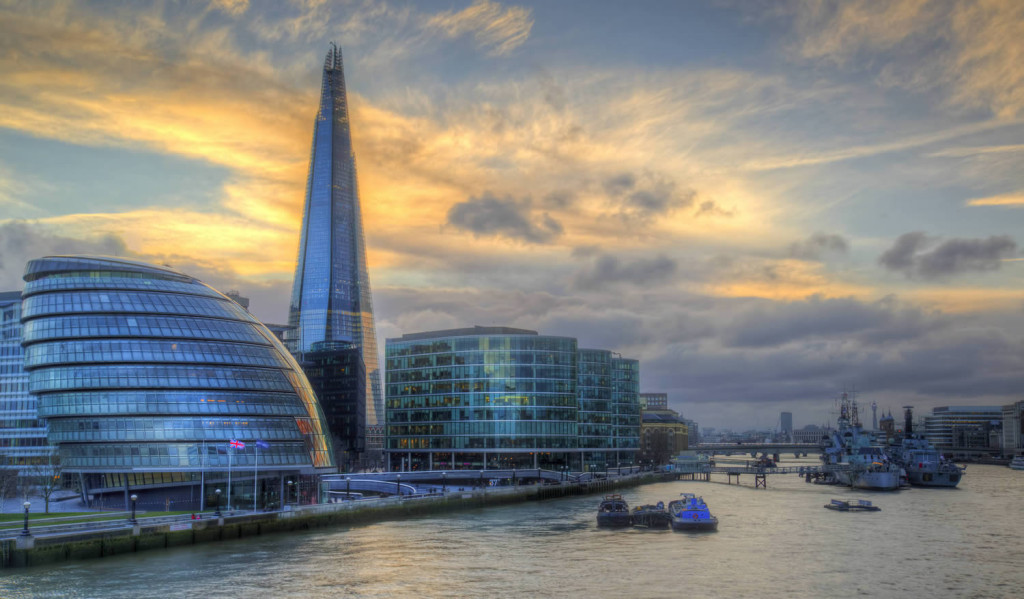
National Housing Federation (NHF) says first time buyers now need 10 times the deposit when compared to buying in the early 1980s.
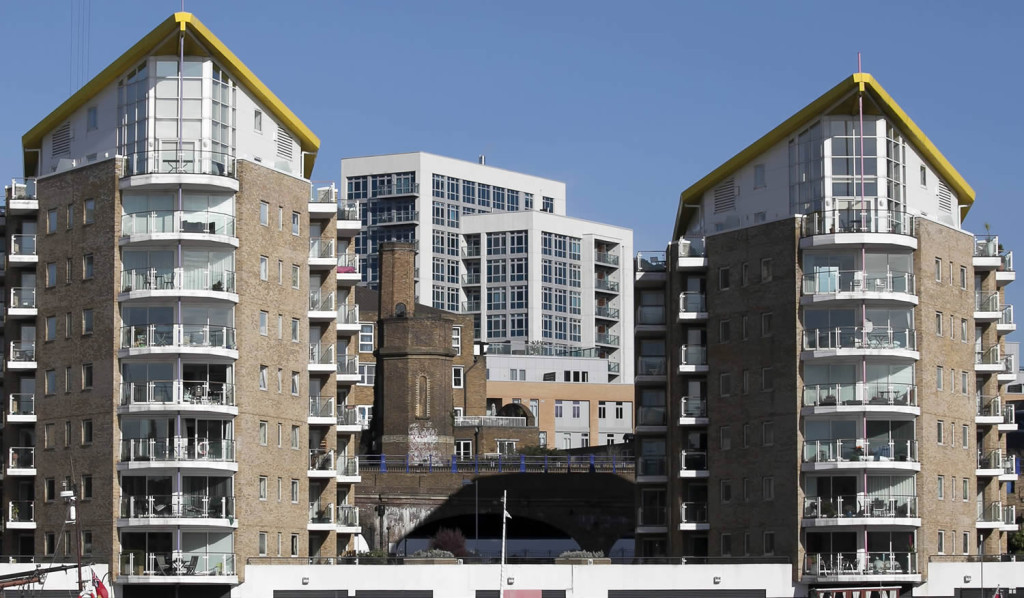
As the demand for low deposit loans increases George Osborne gives the bank of England power to cap risky mortgage lending.

The average price of a UK home last month has increased by the biggest margin for ten years according to the Halifax.
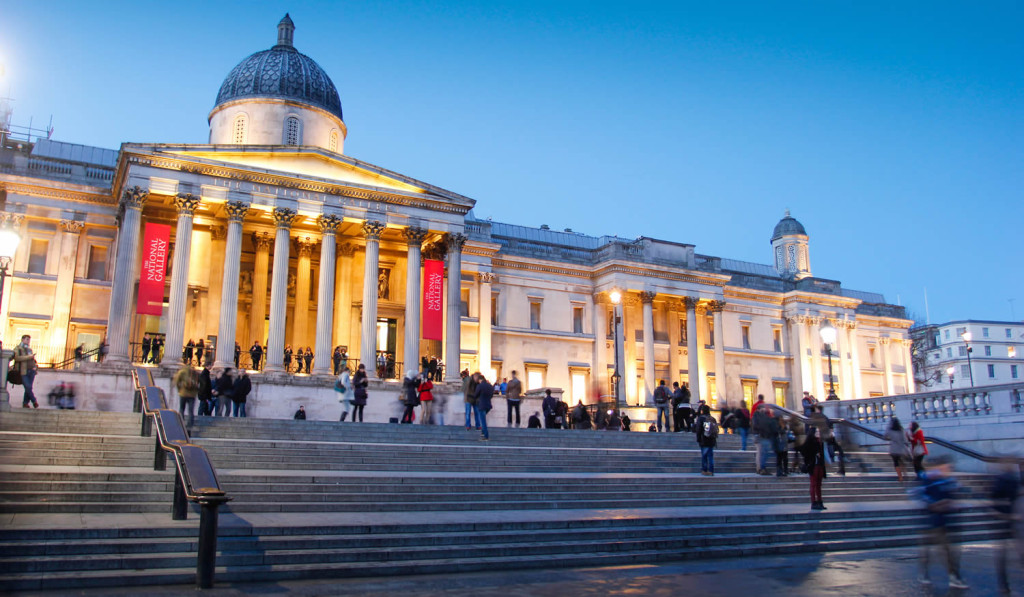
The European Commission is concerned with Britain’s house price inflation calling on the Chancellor to “deploy appropriate measures”.

Data from the Treasury shows that 80% of borrowers of the controversial Help to Buy scheme are first time buyers mainly from outside London.

The UK largest lender, Lloyds Banking Group, will limit mortgage lending to four times on loans of £500,000 to homeowners.
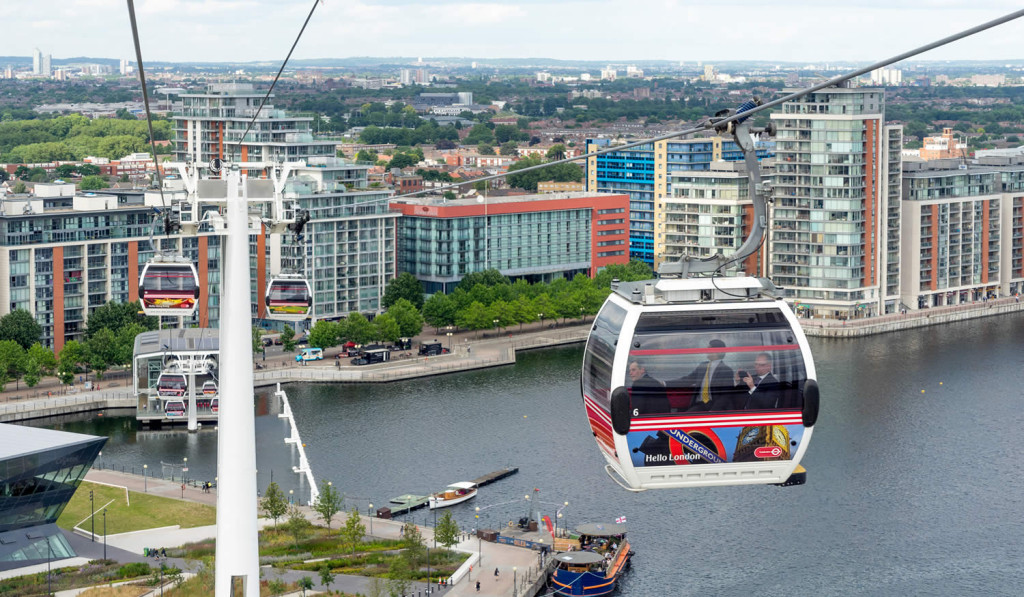
The current rate of house price inflation is not a major concern for the Bank of England as a property recovery was expected.

Mortgage lender Nationwide released data showing house prices in the UK are 10.9% higher for the year the first double digit rise since April 2010.